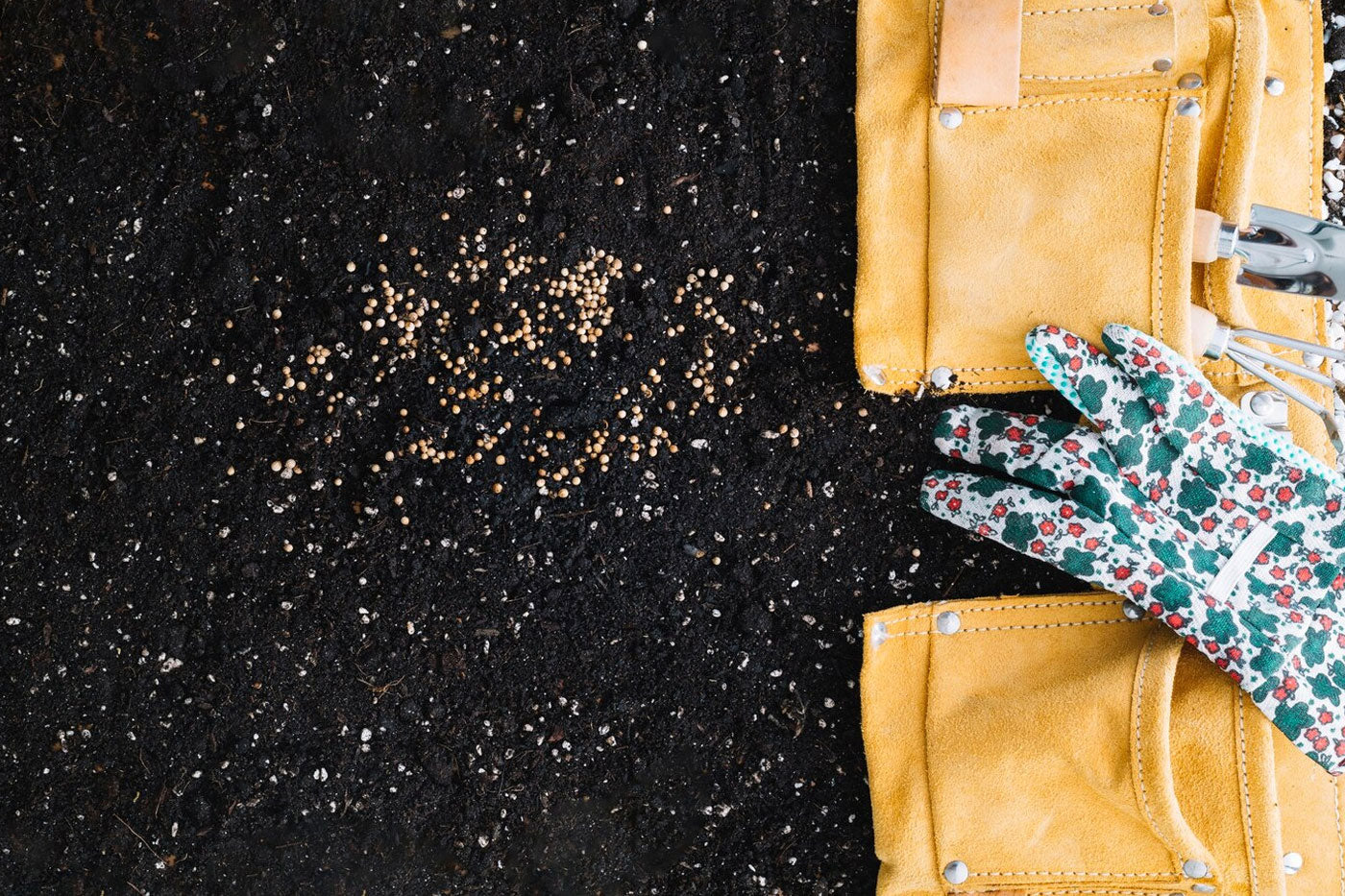It may be quiet in the garden during winter, but plenty can be done!
Winter sowing enables you to grow various plants despite the freezing temperatures. This gives you a heads start way before the weather warms up. But should you start early even if it’s snowing outside? What are the advantages and disadvantages of winter sowing? We’ve got all the answers in this guide:
Contents []
Winter Sowing Pros

Reduced water evaporation: Water won’t evaporate quickly because the weather is cool to freezing. This means you’ll be doing less watering throughout the season. You’ll only need to water your crops once or twice every week or two weeks. If you are sowing seeds, you don’t have to water your seedlings too deeply.
Predictable weather: Unlike the spring season, when the weather’s fickle, winter weather is more predictable. This depends on your region, of course. For most days, the weather is cold and cloudy. Because the weather changes are minimal, you can easily plan your winter sowing tasks.
Root-friendly climate: Winter is a great time to transplant some of your well-established plants. The weather is ideal for letting roots develop and adjust to their new habitat. Since the weather is cold, transplanted plants have fewer chances to dry out from intense heat – a common problem during summer.
Fewer pests: Creeping and nibbling insects, burrowing rodents, and crawling critters won’t be much of a threat during winter. The cold temps cause the development cycles of some insects to be delayed. And because they need to mature more, they won’t ruin the garden in winter. Rodents will be hibernating during winter, so these won’t be a threat to your vegetables and flowering plants. All these make it safer to sow seeds during the winter season.
No weeds: Weeds are unlikely to crop up during the winter season, and even if a few manage to sprout, they’ll be much easier to get rid of. This goes especially if you are using a garden weeder – you don’t have to get your hands dirty to get rid of weeds.
Winter Sowing Cons

Slow plant development: Winter slows down the plant development of certain crops. This is normal because many plants, particularly fruit-bearing crops, require a warmer environment. If you’re sowing seeds in the winter, expect some to be slow at germinating. Some seeds will only develop once the weather warms up.
Sporadic harvests: Because plant development is delayed, some crops will not bear bigger fruits. This can lead to sporadic harvests or a lower yield. A lower yield is expected if the weather is not ideal, so this is perfectly normal. You can use led grow lights or set some crops in a greenhouse to speed up germination and boost yield.
Plants will require protection: Protection from frost is vital if you start from seed. The cold will delay or even stop plant germination. You’ll have to install cloches, landscape fabric, and add mulch to protect in-ground plants and insulate the roots. Seed sowing can be done indoors until the seedlings are ready for transplanting.
Higher chances of fungal disease: The threat of fungal disease is very high during the winter season because of the high humidity. It’s essential to check your crops, including the seeds you’re sowing, regularly to avoid spreading fungal disease. Once a plant develops fungi, separate it from the others and be vigilant. It only takes one plant to infect the entire garden with fungi disease! For newly sprouted seedlings, fungal infections are deadly.
Winter sowing is rewarding because you’re making the most of the season to grow different plants. That said, there are advantages and disadvantages to winter sowing. Before you try winter sowing, be sure you have all the tools you need to sow seeds and protect crops from the winter cold. Shop here to complete your garden essentials!



